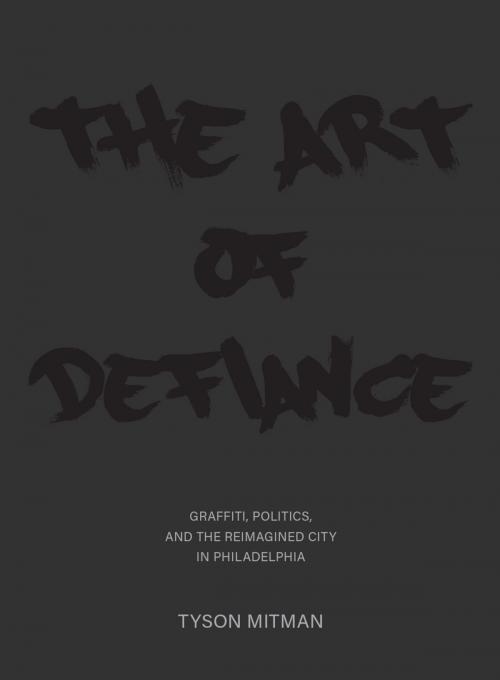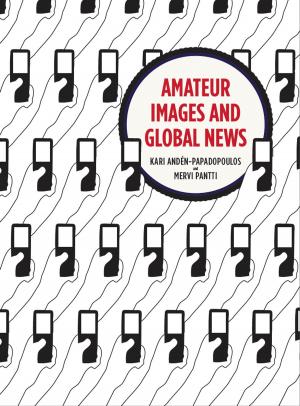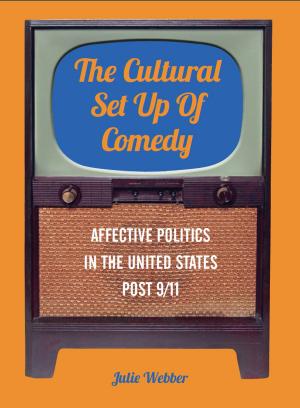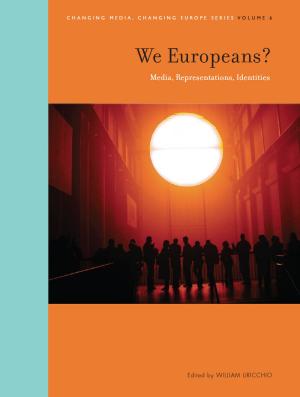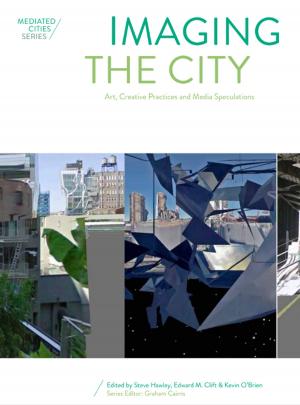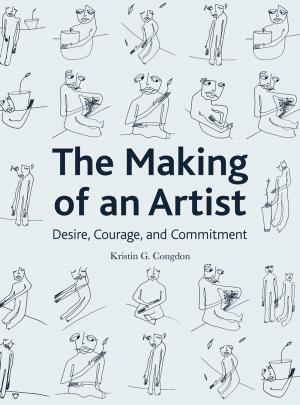The Art of Defiance
Graffiti, Politics and the Reimagined City in Philadelphia
Nonfiction, Social & Cultural Studies, Social Science, Sociology, Urban, Art & Architecture, General Art, Art Technique, True Crime| Author: | Tyson Mitman | ISBN: | 9781783208999 |
| Publisher: | Intellect Books Ltd | Publication: | May 11, 2018 |
| Imprint: | Intellect Books | Language: | English |
| Author: | Tyson Mitman |
| ISBN: | 9781783208999 |
| Publisher: | Intellect Books Ltd |
| Publication: | May 11, 2018 |
| Imprint: | Intellect Books |
| Language: | English |
The Art of Defiance is an ethnographic portrait of how graffiti writers see their city and, in turn, how their city sees them. It explores how becoming a graffiti writer helps disenfranchised urban citizens negotiate their cultural identities, build their social capital, and gain a voice within an urban environment that would prefer they remain quiet, passive, and anonymous.
In order to both demystify and complicate our understanding of the practice of graffiti writing, this book pushes past the narrative that links the origins of graffiti to criminal gangs and instead offers a detailed portrait of graffiti as a rich urban culture with its own rules and practices. To do so, it examines the cultural history of graffiti in Philadelphia from the early 1970s onward and explores what it is like to be a graffiti writer in the city today. Ultimately, Tyson Mitman aims to humanize graffiti writers and to show that what they do is not merely destructive or puerile, but, rather, adds something important to the urban experience that is a conscious and deliberate act on the part of its practitioners.
The Art of Defiance is an ethnographic portrait of how graffiti writers see their city and, in turn, how their city sees them. It explores how becoming a graffiti writer helps disenfranchised urban citizens negotiate their cultural identities, build their social capital, and gain a voice within an urban environment that would prefer they remain quiet, passive, and anonymous.
In order to both demystify and complicate our understanding of the practice of graffiti writing, this book pushes past the narrative that links the origins of graffiti to criminal gangs and instead offers a detailed portrait of graffiti as a rich urban culture with its own rules and practices. To do so, it examines the cultural history of graffiti in Philadelphia from the early 1970s onward and explores what it is like to be a graffiti writer in the city today. Ultimately, Tyson Mitman aims to humanize graffiti writers and to show that what they do is not merely destructive or puerile, but, rather, adds something important to the urban experience that is a conscious and deliberate act on the part of its practitioners.
